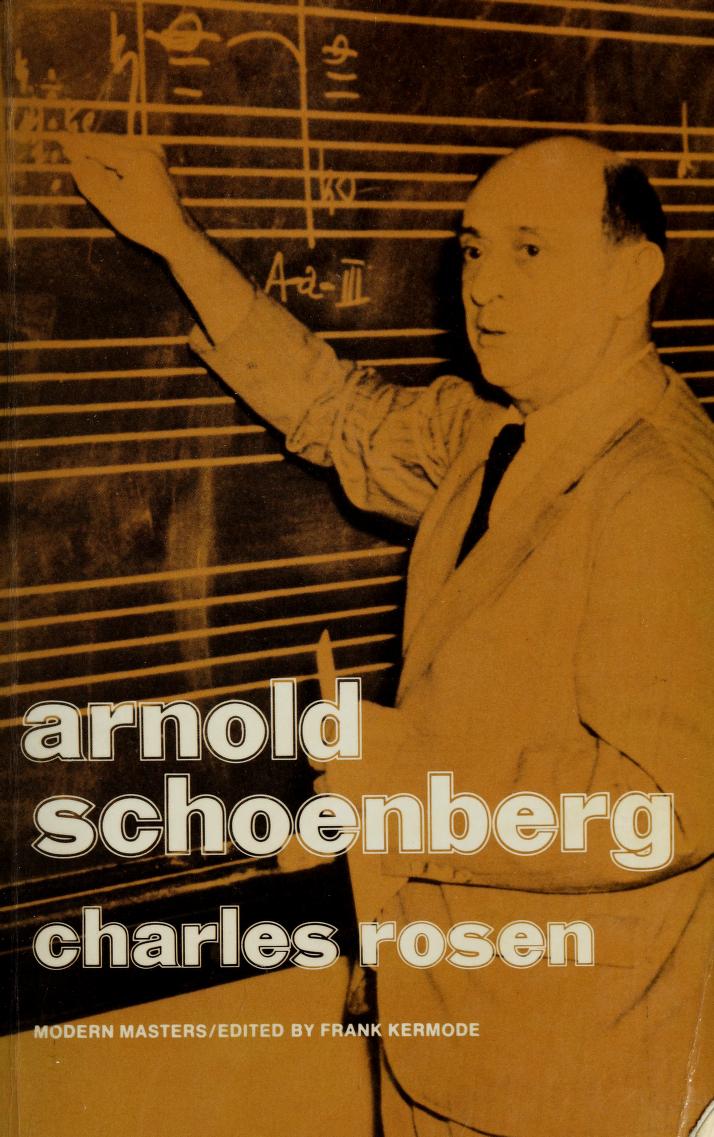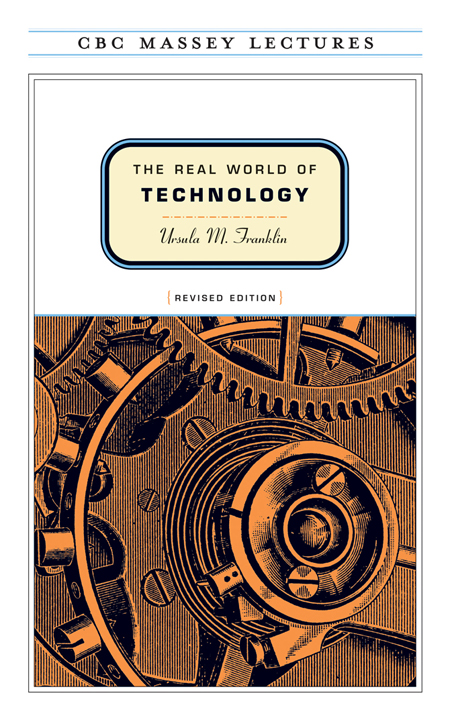Charles Rosen: Arnold Schoenberg (1975)
Filed under book | Tags: · biography, composition, expressionism, music, music history, music theory, serialism

In this lucid, revealing book, pianist and scholar Charles Rosen sheds light on the elusive music of Arnold Schoenberg and his challenge to conventional musical forms. Rosen argues that Schoenberg’s music, with its atonality and dissonance, possesses a rare balance of form and emotion, making it, according to Rosen, “the most expressive music ever written.” Concise and accessible, this book will appeal to fans, non-fans, and scholars of Schoenberg, and to those who have yet to be introduced to the works of one of the greatest composers of the twentieth century.
Publisher Viking Press, New York, 1975
ISBN 06701331617
113 pages
Review (Joel Sachs, The Musical Quarterly, 1977)
Review (Joseph Horowitz, Music Journal, 1976)
Review (Robert Craft, The New York Times, 1975)
PDF (17 MB, no OCR)
More works by and on Schoenberg (Monoskop wiki)
Alondra Nelson (ed.): Afrofuturism: A Special Issue of Social Text (2002)
Filed under journal | Tags: · africa, afrofuturism, art, diaspora, internet, literature, music, poetry, posthuman, race, science fiction, subjectivity, technology

The issue guest edited and introduced by Alondra Nelson explores futurist themes, sci-fi imagery, and technological innovation in African diasporic culture. Contributors approach this under-explored theme from a variety of angles: as a novel frame of reference for visual culture; as fiction of the near-future; as poetry; as new forms of black subjectivity; as new narratives about the digital revolution; and as the imagining of future directions in African diasporic studies. Alexander G. Weheliye rethinks the category of the posthuman. Ron Eglash historicizes the nerd, while Anna Everett shows how the African diaspora prefigures the Internet. Kali Tal explores the utopian vision of black militant near-future fiction, whose heir apparent, Nalo Hopkinson, is interviewed by Alondra Nelson. The esthetic possibilities of this project are evident in poetry by Tracie Morris, and the images of Tana Hargest and Fatimah Tuggar.
Social Text 71, Summer 2002
146 pages
PDF (15 MB)
Comment (0)Ursula Franklin: The Real World of Technology (1990–)
Filed under book | Tags: · labour, machine, society, technology, time

“In her 1989 CBC Massey Lectures, renowned scientist and humanitarian Ursula M. Franklin examines the social and political effects of technology. For her, technology is much more than machines, gadgets or electronic transmitters. It is a comprehensive system that includes methods, procedures, organization, “and most of all, a mindset”. She distinguishes between holistic technologies used by craft workers or artisans and prescriptive ones associated with a division of labour in large-scale production. Holistic technologies allow artisans to control their own work from start to finish. Prescriptive technologies organize work as a sequence of steps requiring supervision by bosses or managers. Franklin argues that the dominance of prescriptive technologies in modern society discourages critical thinking and promotes “a culture of compliance”.
The revised edition features four added chapters, in which Franklin tackles issues such as the dilution of privacy and intellectual property rights, the impact of the current technology on government and governance, the shift from consumer capitalism to investment capitalism, and the influence of the Internet upon the craft of writing.
Franklin acknowledges her intellectual debt to Jacques Ellul, Lewis Mumford, C.B. Macpherson, E. F. Schumacher and Vandana Shiva, among others.”
Publisher CBC Enterprises, Montréal, 1990
ISBN 0887943756
132 pages
Revised edition
Publisher House of Anansi Press, Toronto, 1999
ISBN 088784636X, 9780887846366
xii+209 pages
via seasounds, in the Unlimited Edition
Publisher (1999)
WorldCat (1999)
PDF (1990, 4 MB, added on 2021-2-27)
EPUB (rev.ed., 1999)
Audio recording

